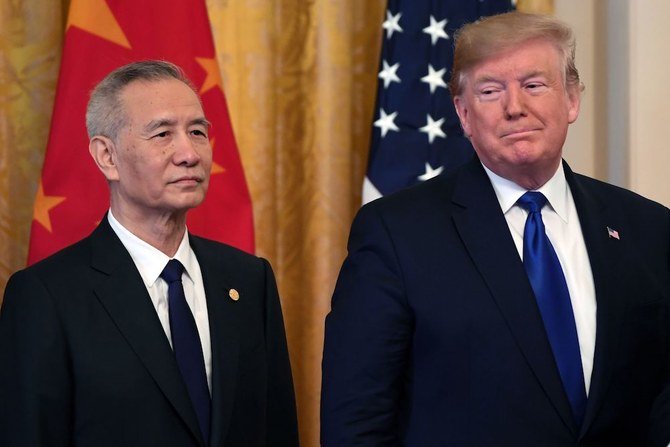So many questions about the US-China trade deal

International Economic Law and Policy Blog | 17 January 2020
So many questions about the US-China trade deal
by Simon Lester, Associate Director at Cato Institute
Having had the text of the U.S. - China "Phase One" trade deal for almost 48 hours, I have so many questions. Here are a few of them:
1. What exactly did China agree to? There are a lot of obligations in here, and many of them are specific and technical. Only experts in a particular area may fully understand them. Here’s an example from Chapter 3, Annex 4 (Beef):
5. Within one month of the date of entry into force of this Agreement, China shall adopt maximum residue limits (MRLs) for zeranol, trenbolone acetate, and melangesterol acetate for imported beef. For beef tissues for which Codex has established MRLs for these hormones, China shall adopt the Codex MRLs. For beef tissues for which Codex has not established MRLs for these hormones, China shall adopt its MRLs by following Codex standards and guidelines and referring to MRLs established by other countries that have performed science-based risk assessments.
They are talking about hormones in the context of beef, which leads to an obvious question: Is China going to allow sales of hormone-treated beef? That’s kind of a big deal! But I don’t know enough about Codex MRLs to have a sense of the significance of this paragraph. It sounds like some hormone-treated beef sales are coming, but exactly how many is unclear to me.
2. By how much will U.S. exports to China increase? Presumably at least a little bit, but will it be the full $200 billion over two years that China promised? That would be a lot. Is there some more realistic, lesser amount that would be enough to make the Trump administration happy?
3. Is the deal enforceable? I questioned that in a previous post. Let’s say China and the U.S. are fighting over Annex 4, para. 5 and whether China has properly complied in terms of allowing hormone-treated beef sales. The U.S. thinks China is violating the provision; China disagrees. If the U.S. decides to impose tariffs, would that induce to China comply? It’s a little hard to imagine that it would.
4. Will the U.S. loosen up some export controls in order to increase exports to China? Article 6.2, para. 4 says: "The United States shall ensure to take appropriate steps to facilitate the availability of U.S. goods and services to be purchased and imported into China." If the U.S. is too restrictive, will China make a formal complaint?
5. How much did the U.S. agree to do? I haven’t read every word yet, but so far I don’t think I’ve come across many issues where the U.S. has to take action.
6. What will the rest of the world think? It seems like the rest of the world could benefit from some of the provisions (e.g. Canada, if hormone-treated beef sales are allowed), but may be harmed by others. The purchase commitments seem particularly problematic. Will China increase its purchases of U.S. goods/services by reducing its purchases of goods/services from other countries? Is there an MFN violation in there somewhere? That may depend on the specific implementing actions China takes. And if there is an MFN violation, is there a GATT Article XXIV defense? This certainly doesn’t feel like a "free trade area." Mostly it feels like an "orderly marketing arrangement" or "other similar measure on the export or the import side" under Safeguards Agreement Article 11.1(b).
7. What’s the constitutional/statutory authority for this trade deal? Presumably, in part it is being done pursuant to Section 301, which was the procedure under which the U.S.-China tariff battle was launched. But the agreement is broader than I expected and addresses many issues that don’t seem related to the Section 301 concerns. Shouldn’t we know what all the various constitutional/statutory authorities being relied on are?
8. What will Congress think of all this? Will they try to assert some authority over this deal or future deals like it? (Stop laughing, I’m serious!)
9. What will the 2020 Democratic nominee think of it? How permanent will it be? If Congress is not involved, then in theory the next president could just withdraw. But would he/she do that? Politically, would that make sense? Hard to say right now. You would think there would have to be some alternative China trade strategy in place in order to make withdrawal from this deal possible. Thus, even if the next president wanted to undo all of this, it could be difficult.





